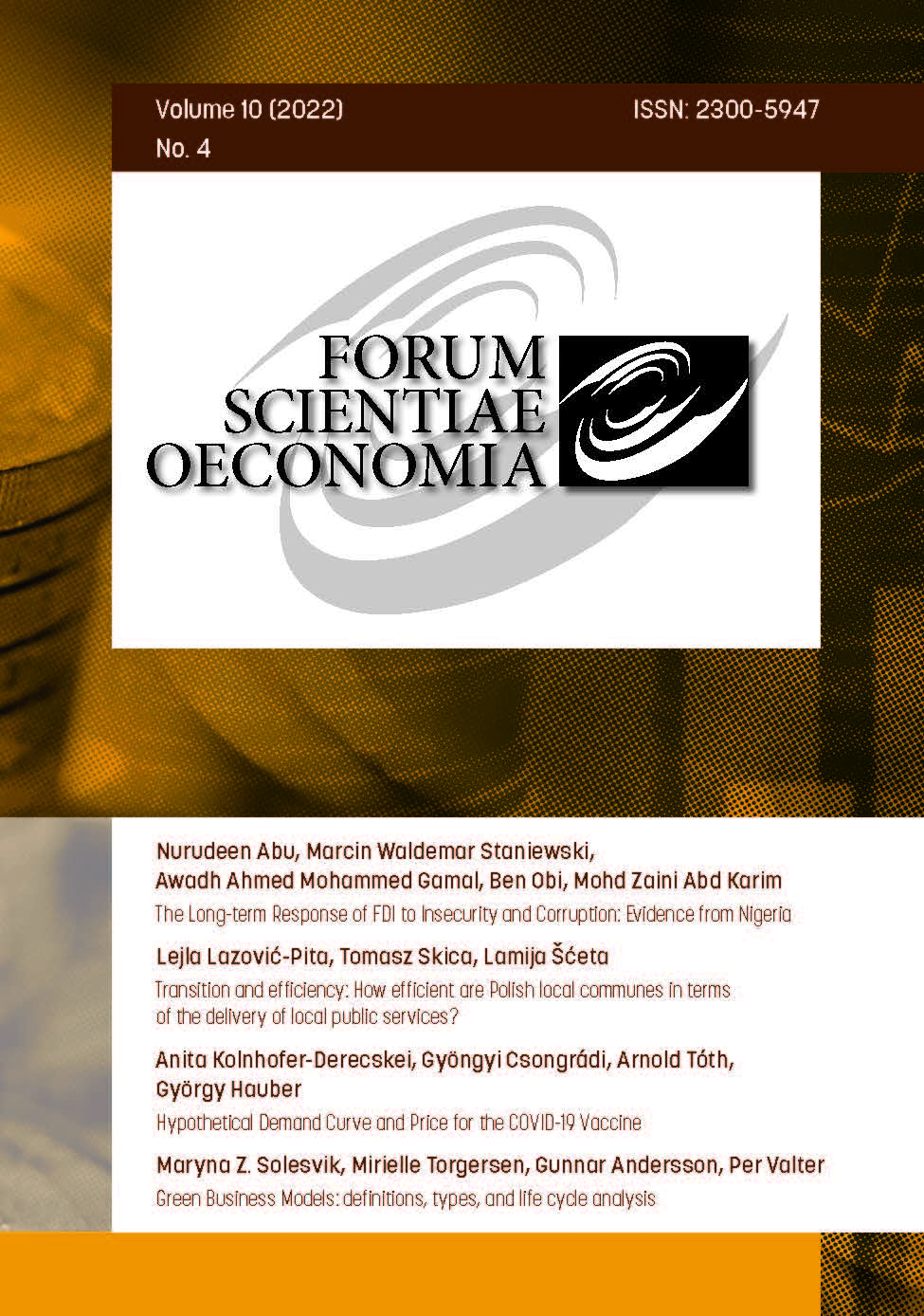Green Business Models: definitions, types, and life cycle analysis
Green Business Models: definitions, types, and life cycle analysis
Author(s): Marina Z. Solesvik, MIRIELLE TORGERSEN, GUNNAR ANDERSSON, Per ValterSubject(s): Economy, Business Economy / Management, Energy and Environmental Studies
Published by: Wydawnictwo Naukowe Akademii WSB
Keywords: Green business model; life cycle analysis (LCA); green business; definitions; case study
Summary/Abstract: Sustainability issues and green business thinking are steadily becoming more important in the strategies and daily life of small and large firms alike. In this study, we wish to contribute to an emerging field of research, namely green business models. More specifically, we have aimed to empirically test the efficiency of green business model implementation. Several aspects of green business modelling were considered. First, we have specified the definition of a green business model and shown the difference between green business models and several other types of sustainable business models. Second, using the multiple case study method, we explored green business model implementation by means of empirical data from five Norwegian SMEs. The firms that adopted green business models reduced their use of raw materials in favour of recycled materials, improved efficiency, increased the life cycle, reduced transportation length, and adopted other related measures. The results of the study demonstrated the importance of life cycle analysis (LCA) and life cycle thinking when companies select and implement green business models in their firms. The utilisation of LCA allows companies to avoid greenwashing and implement green business models more effectively. Thus, firms both achieve environmental goals and reduce economic costs.
Journal: Forum Scientiae Oeconomia
- Issue Year: 10/2022
- Issue No: 4
- Page Range: 199-217
- Page Count: 19
- Language: English

